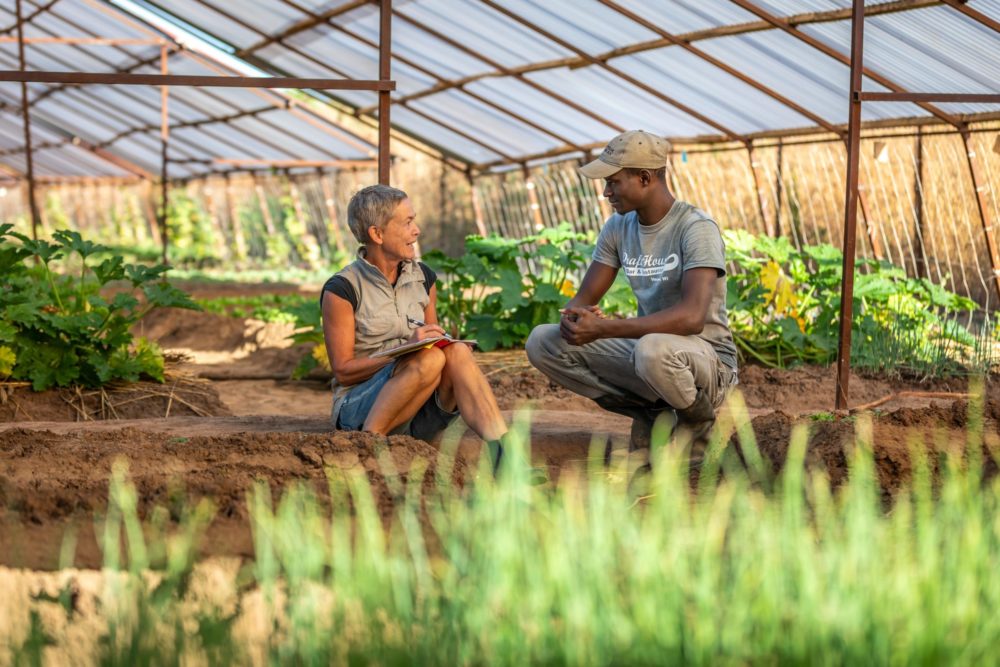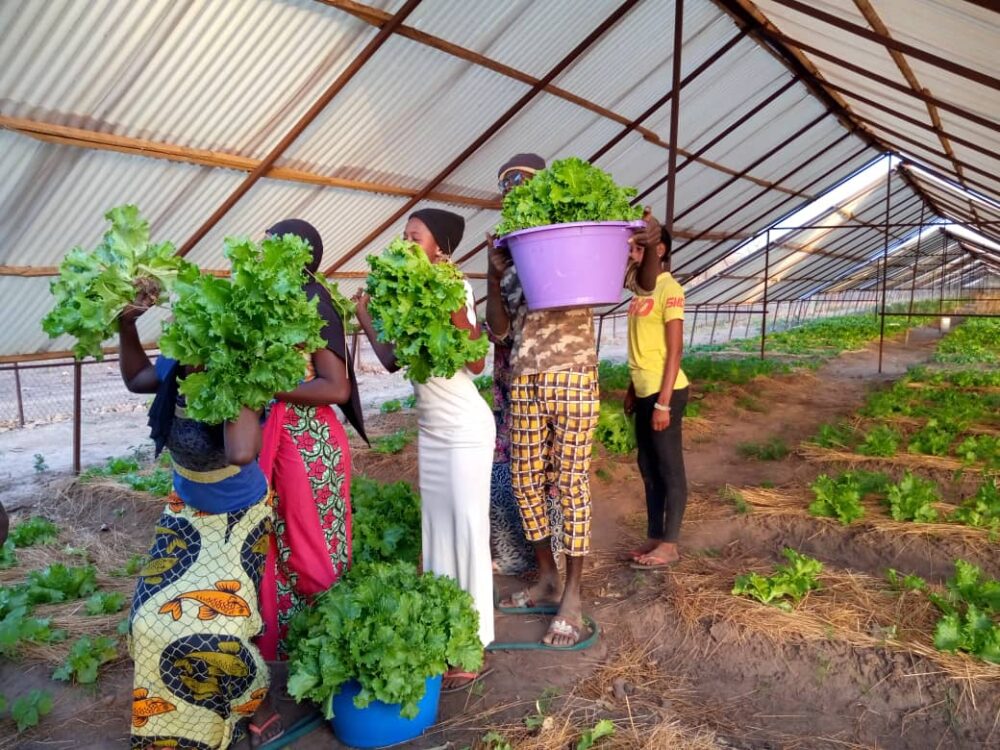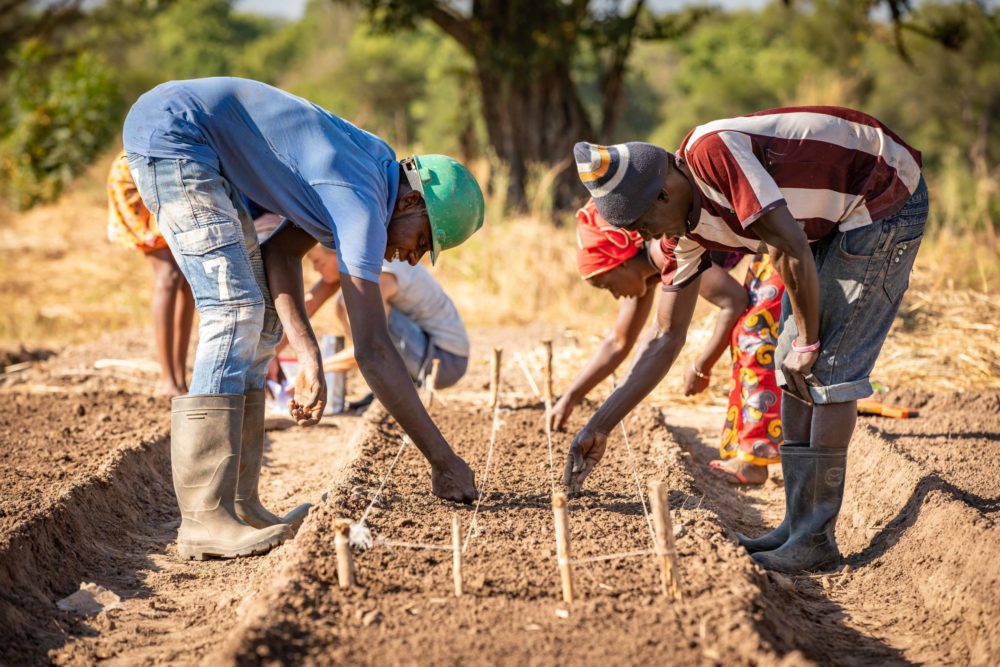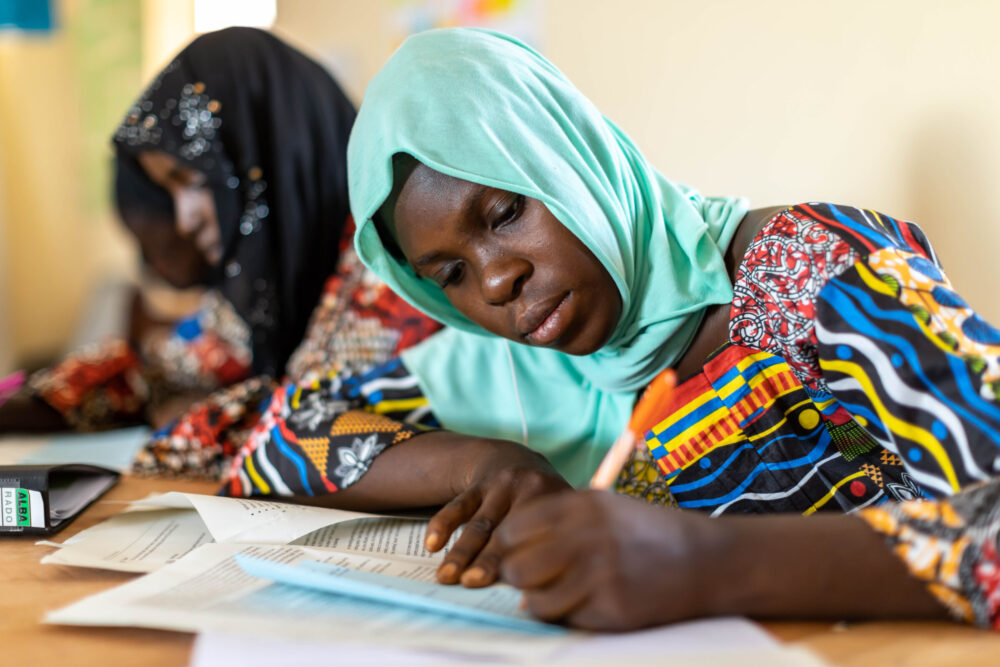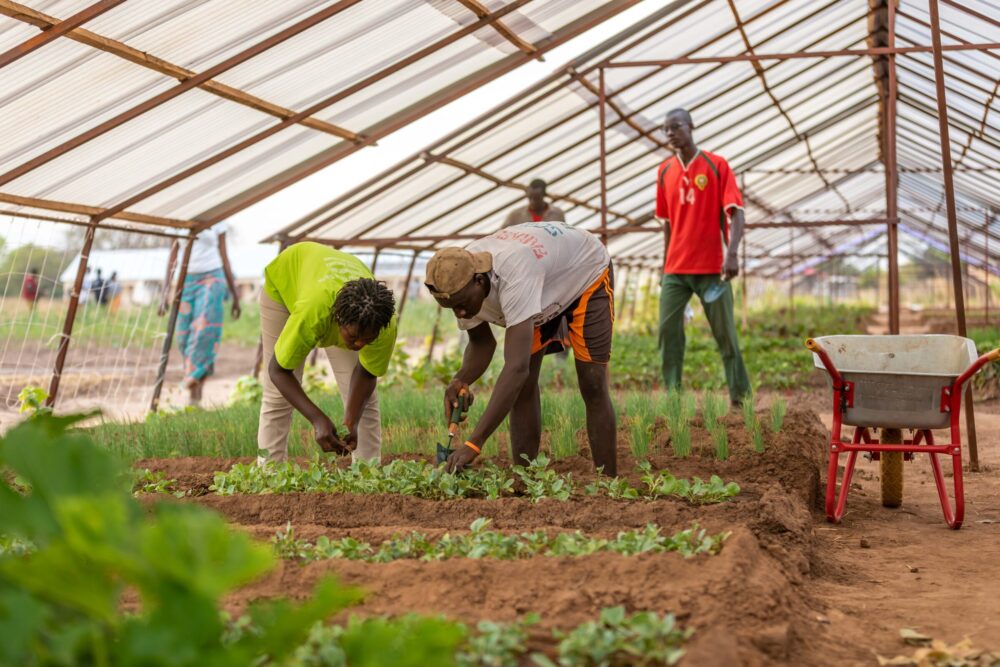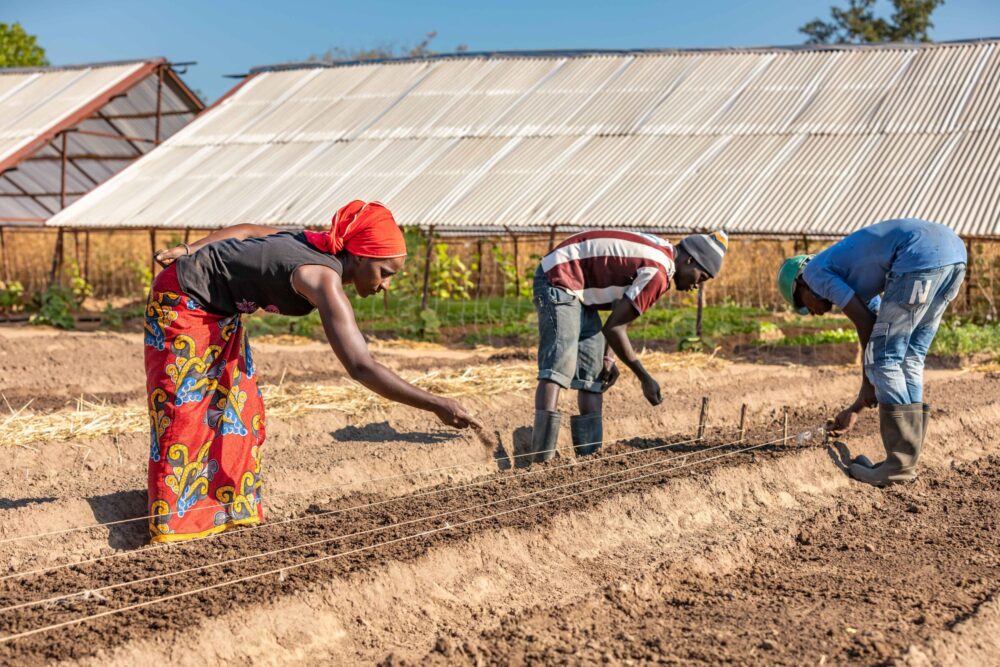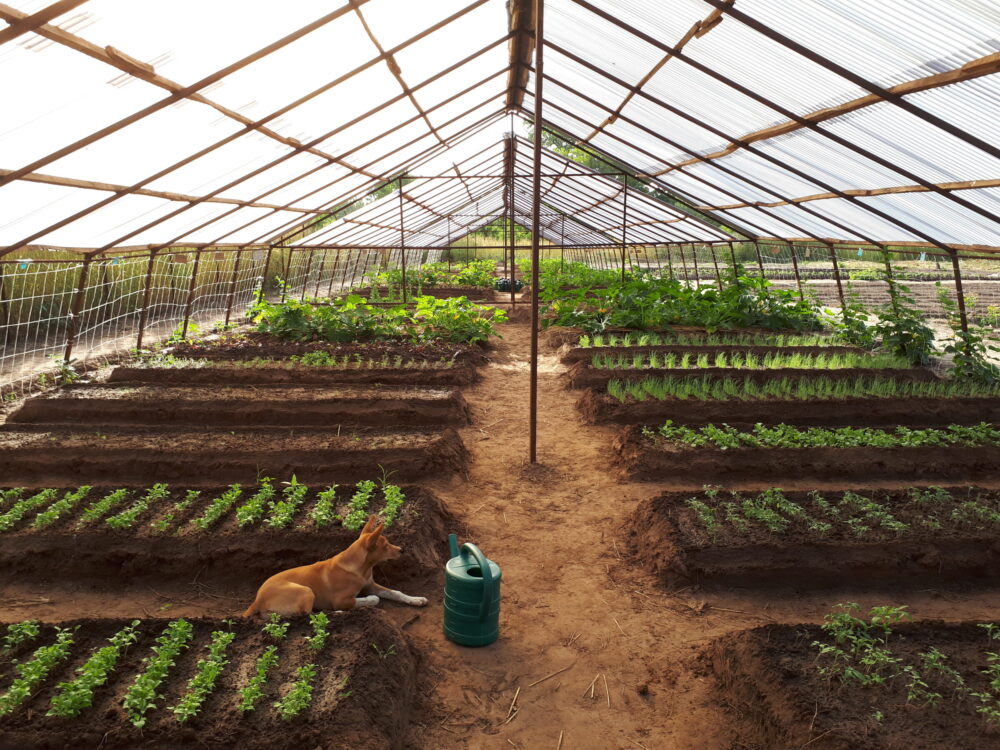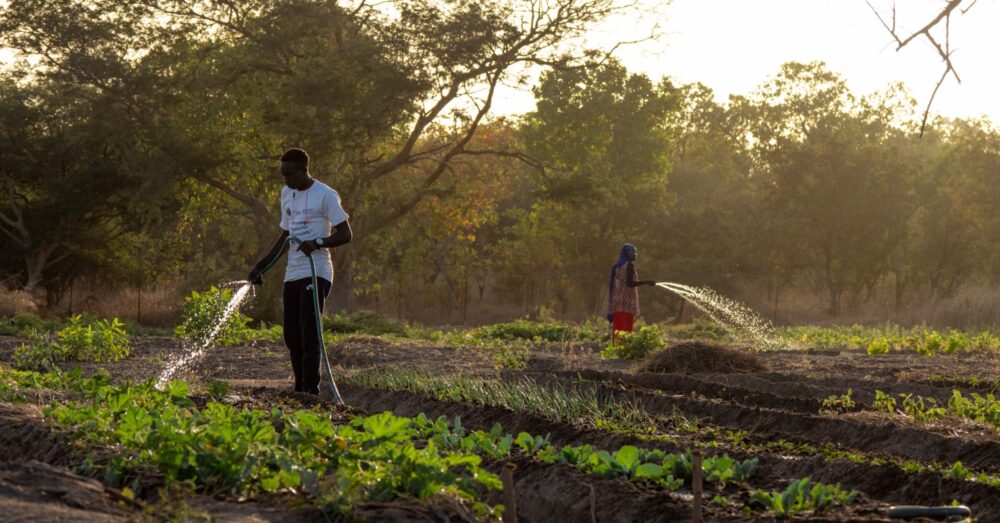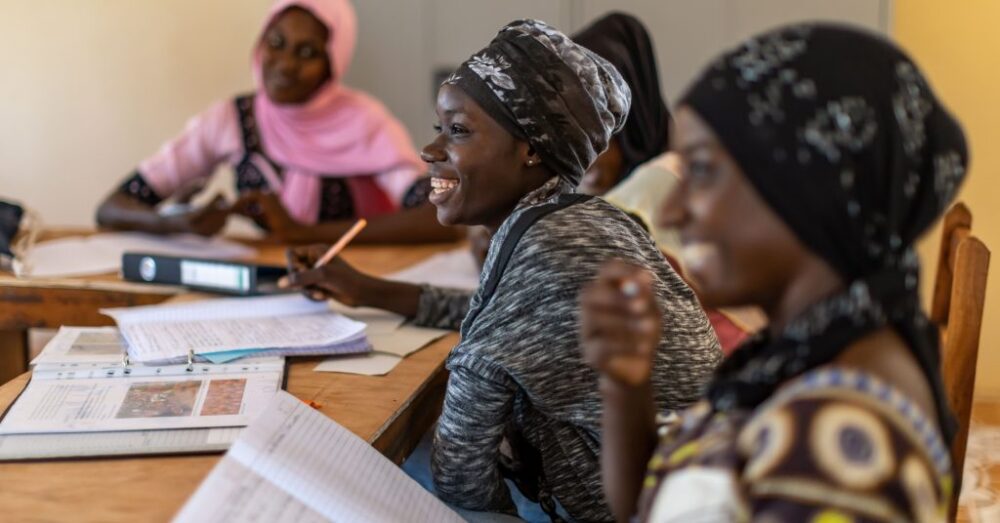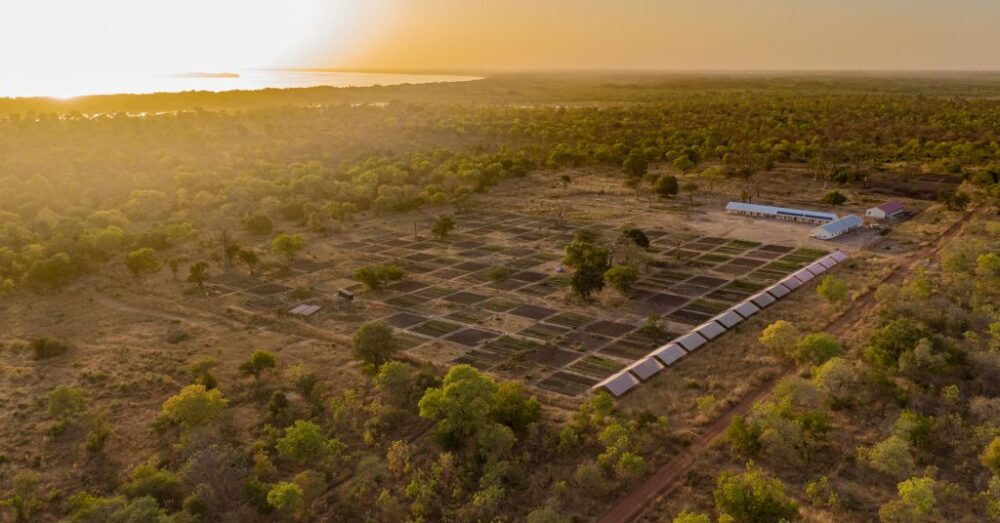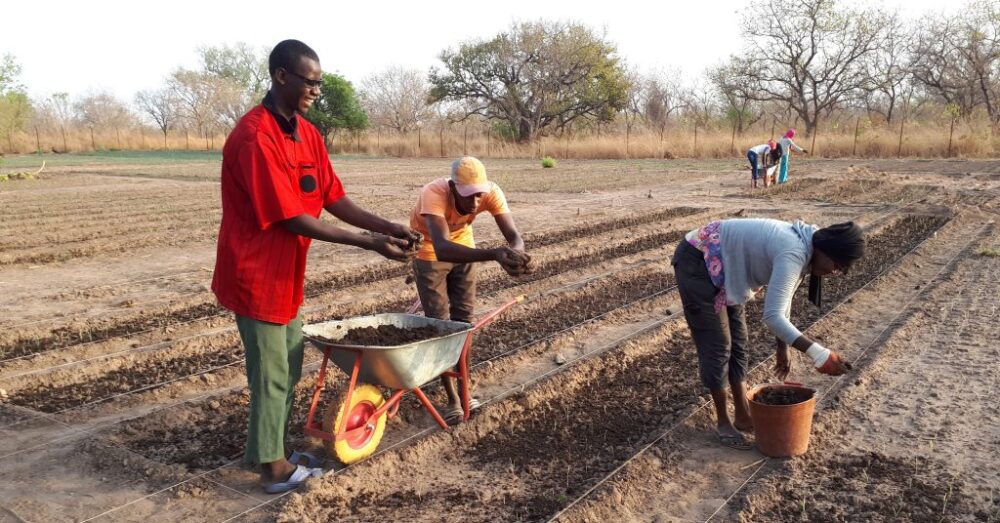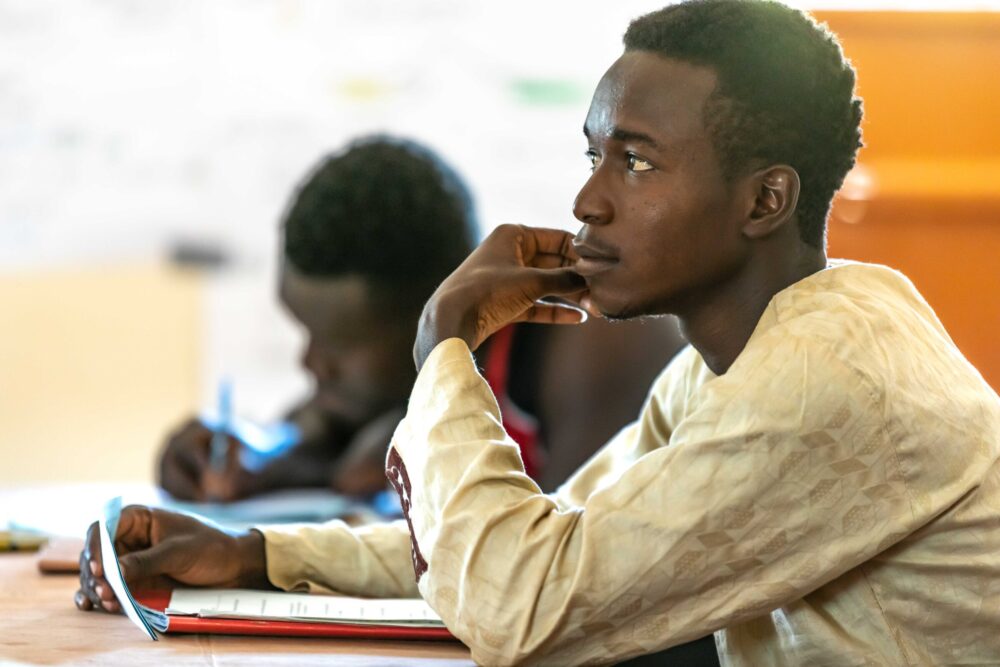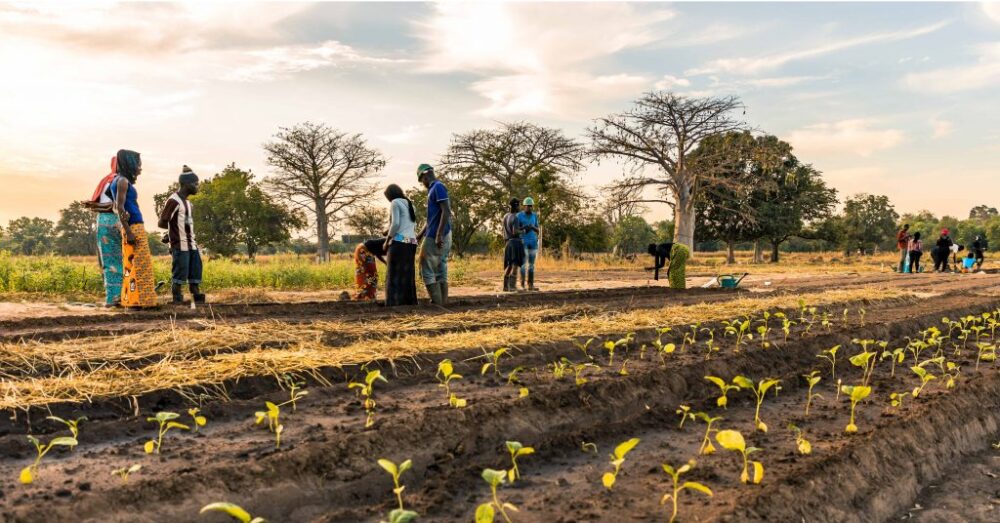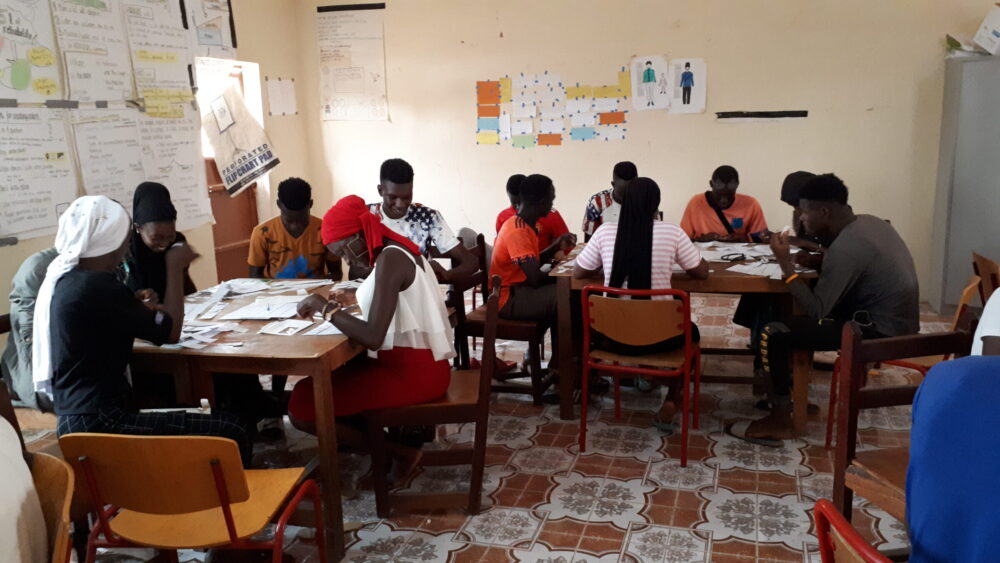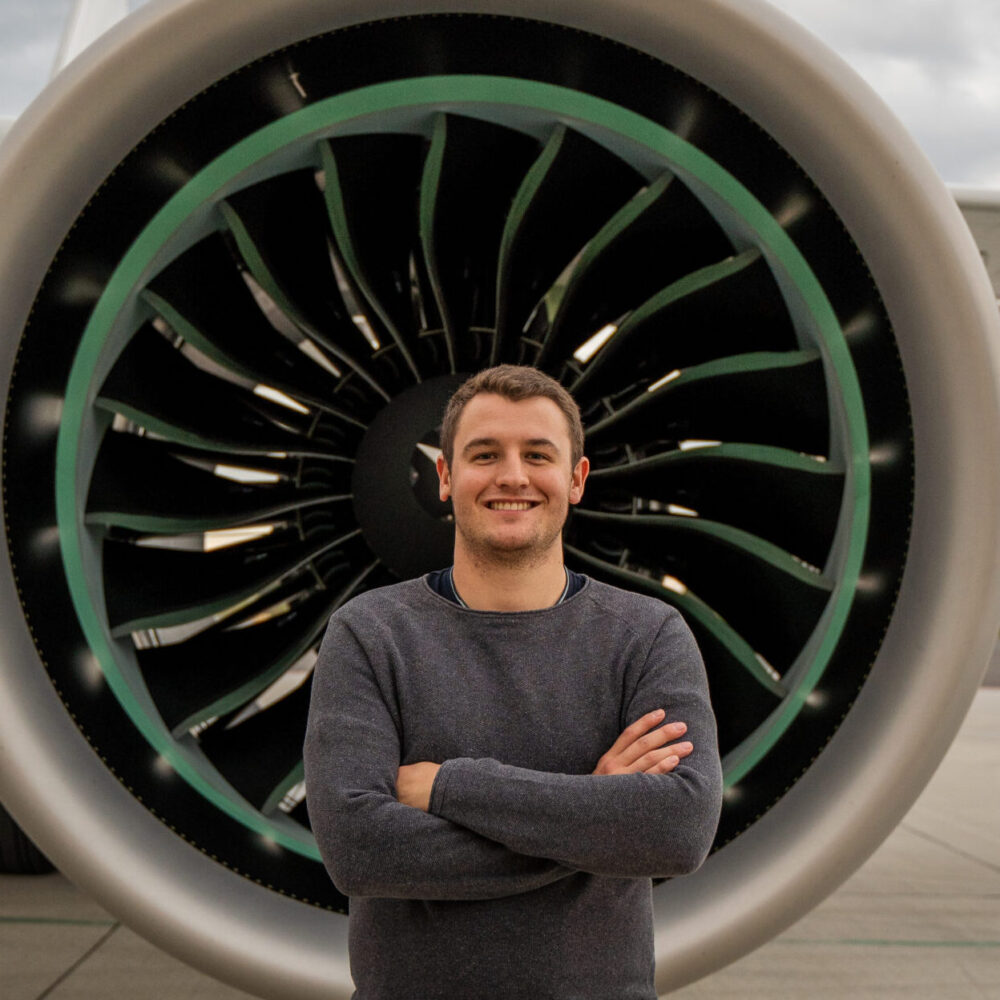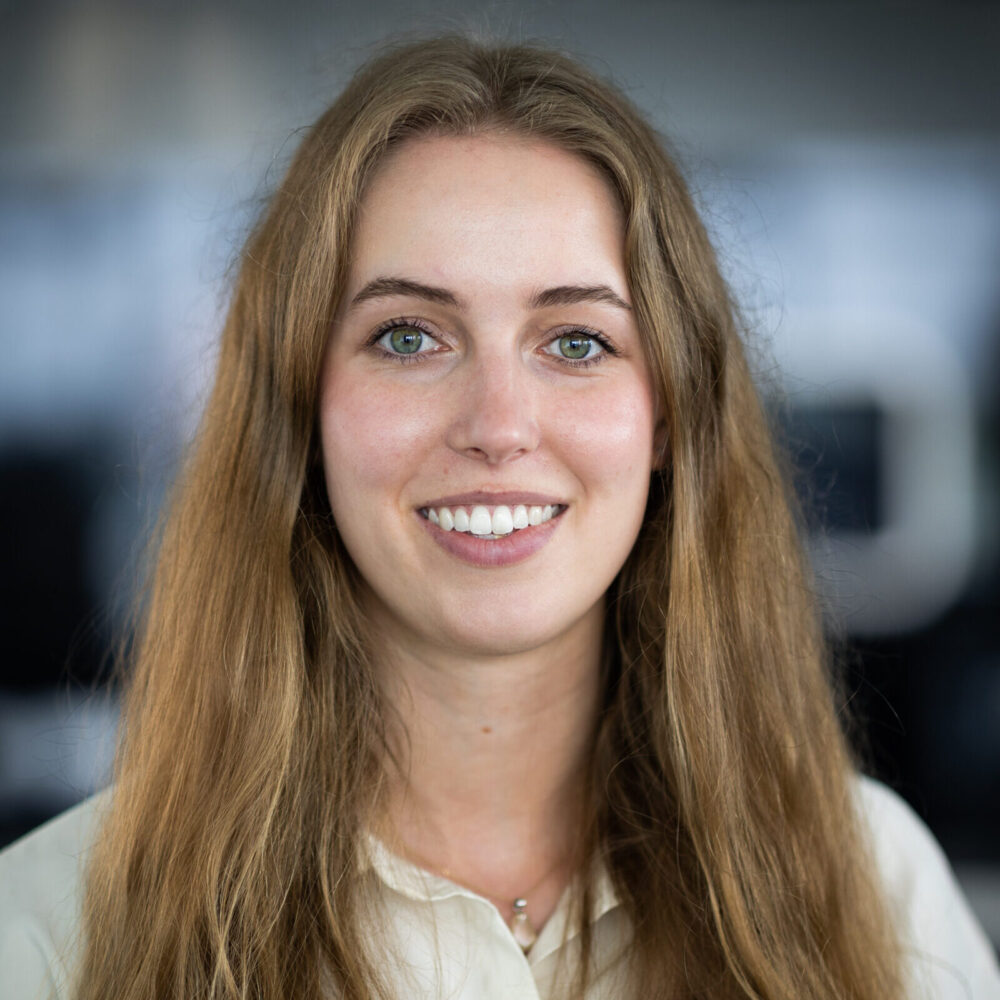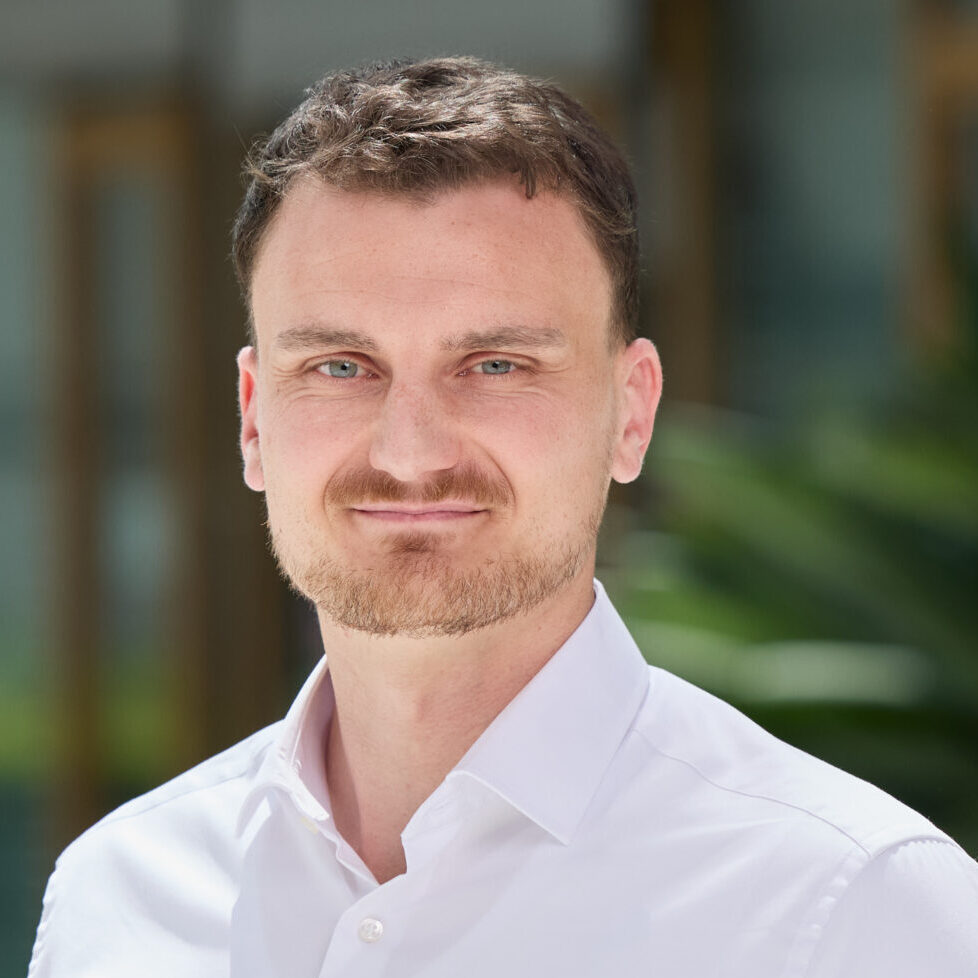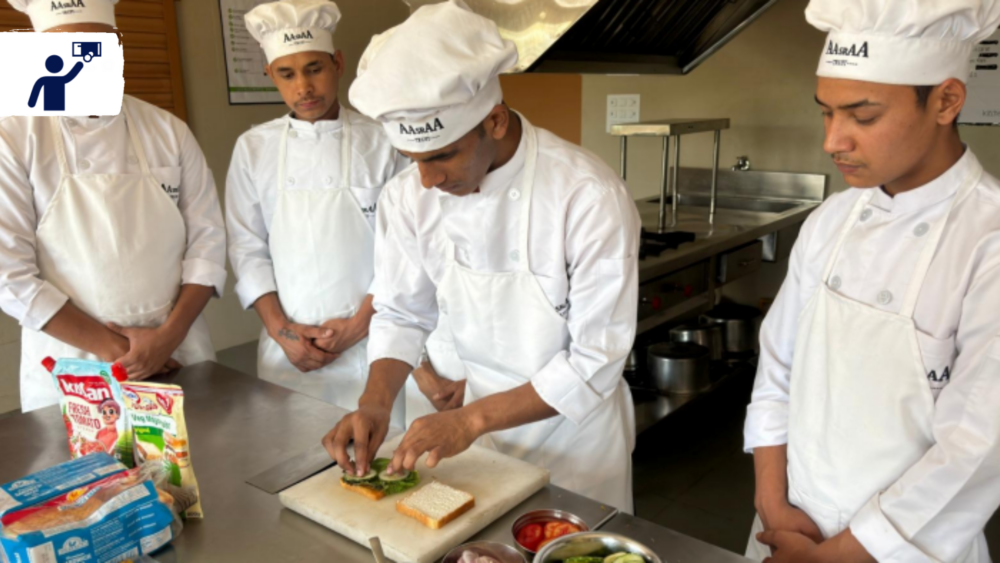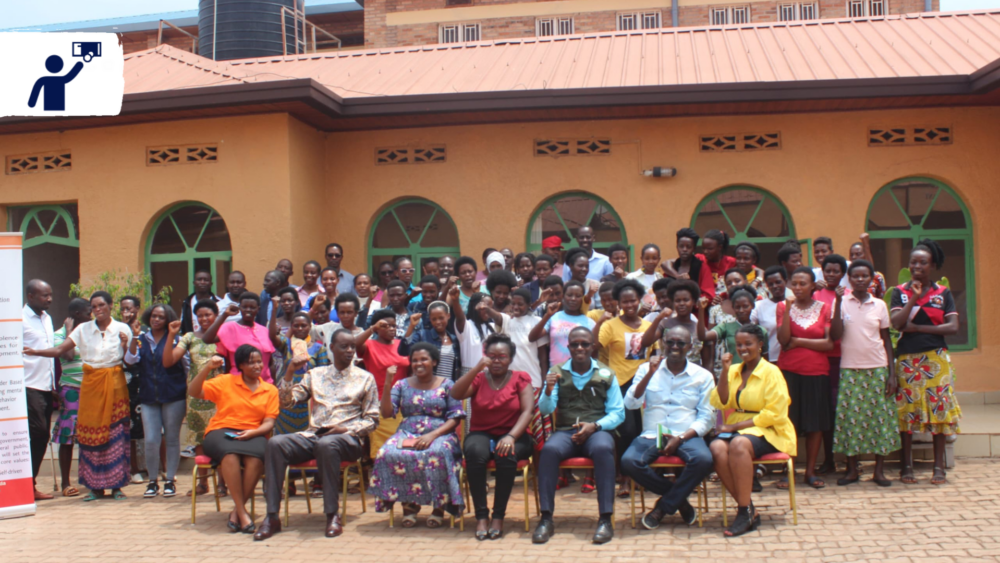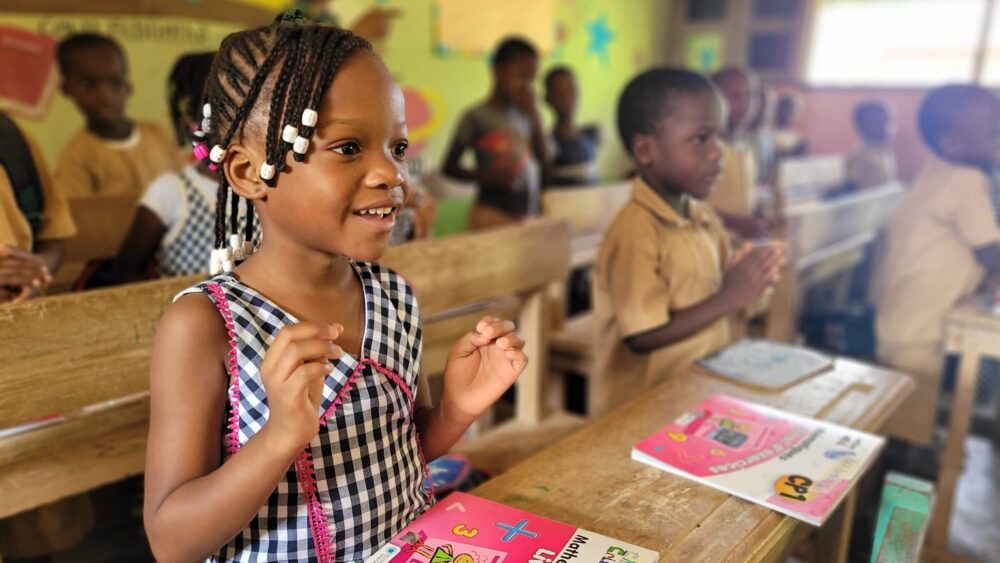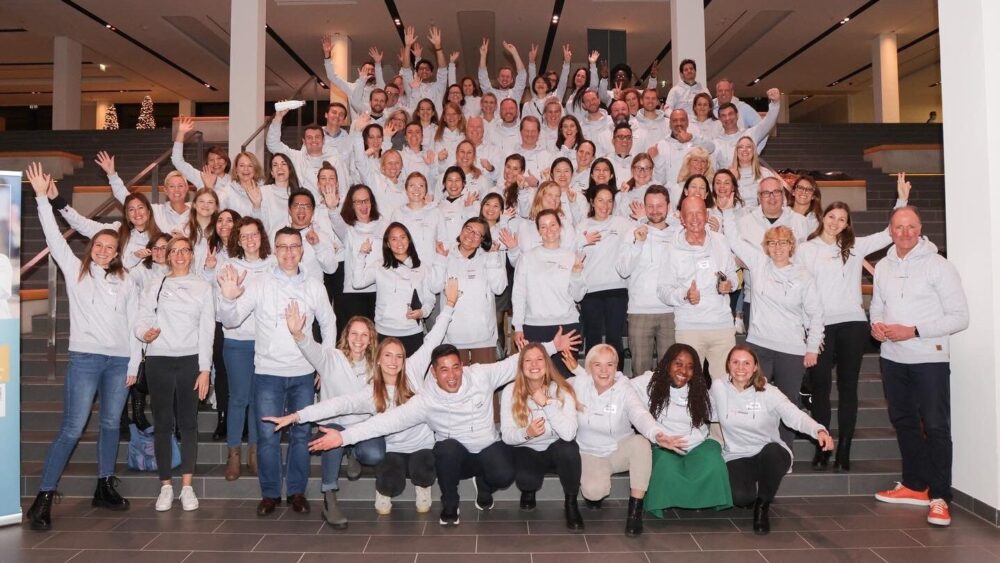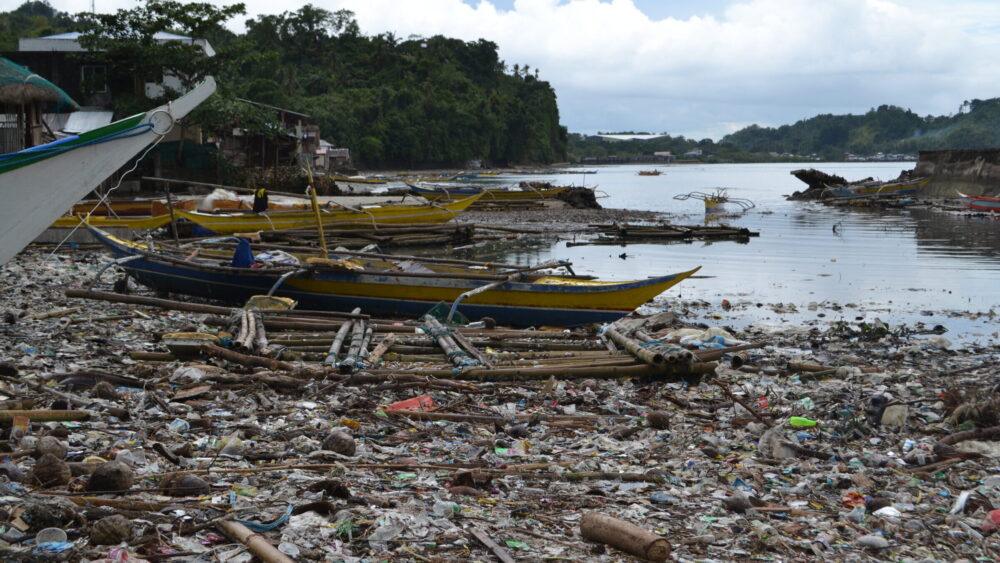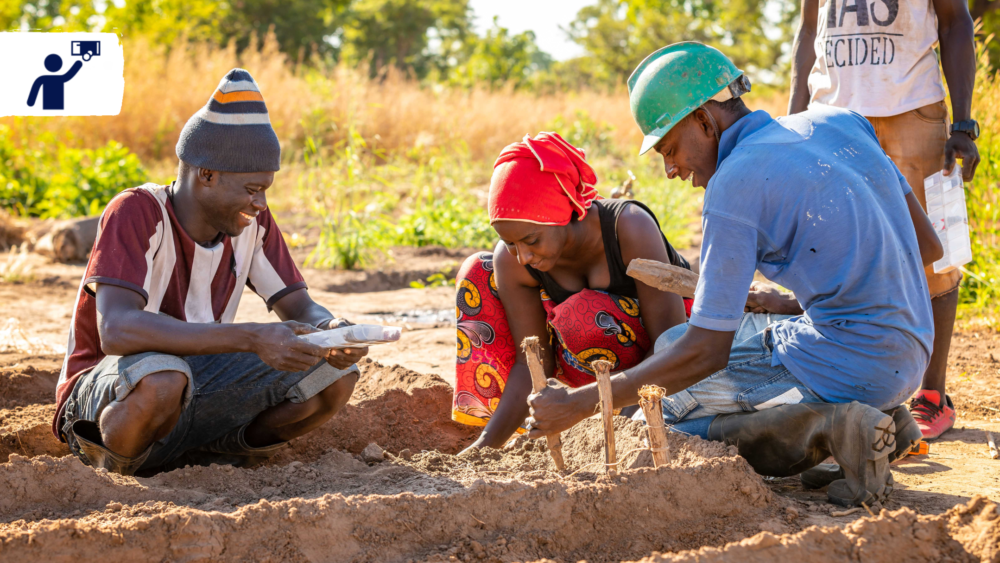
Training Center, Ballingho
Since 2019, unemployed young people and returned migrants have been finding new perspectives for an independent future through an apprenticeship in agriculture. The goal of the project is long-term financial independence from subsidies. To this end, the project is to be expanded in 2023.
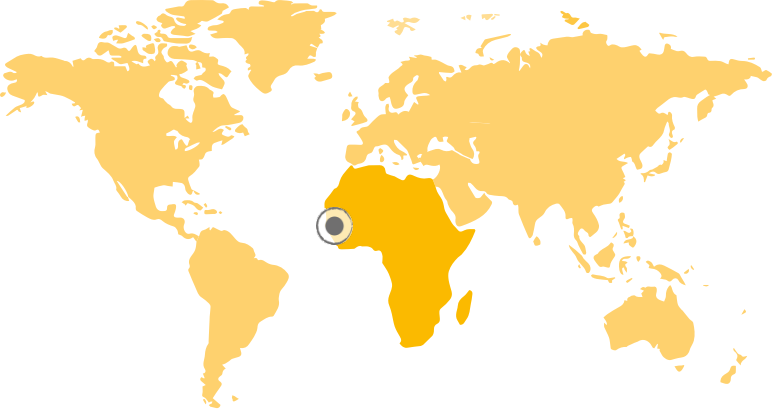
Project Background
In 2017, after 22 years of dictatorship, the Gambia unexpectedly experienced a democratic regime change. Nevertheless, the economic situation in the continent’s smallest country remains fragile and the youth unemployment rate is almost 40%. In rural areas, about 70% of the population lives below the poverty line. This reality means that the country has the highest emigration rate in sub-Saharan Africa in relation to its population. However, since the repatriation agreement between the European Union, the International Organization for Migration and Gambia in July 2018, many migrants have been repatriated. As a result, the labour market is under additional pressure. These mostly young migrants carry a high degree of hopelessness and frustration about their personal situation in themselves and in their home country, besides the fear of social stigmatisation, they seldom expect a career perspective. Because of fear and shame, a return to their families is often not an option for them. Without a long-term perspective, there is a risk that the desperation of uprooted young people quickly turns into a form of unrest and violence. This threatens to exacerbate existing social problems and destabilise society.
The project in Ballingho, in the Upper-Baddibu district on the north bank of the Gambia River about 120 kilometers inland, has set itself the goal of opening up a perspective for these young people. Now that the first cohorts have successfully completed their training, the expansion of the project is intended to lay the foundations for long-term economic viability and thus financial independence from foreign subsidies.
Target Group
In the project, 80 young Gambians are taught various aspects of agriculture during the two-year training program. One fifth of the training places is reserved for returnees.
Project Goals
In the training center, the young people are taught economic knowledge in addition to a four-semester agricultural education. The teaching units are supplemented by intensive learning units with volunteers, which on the one hand contribute to a deepening of the economic teaching material and on the other hand to a cultural exchange.
The focus on agriculture ensures that the population is supplied with local food right from the start, thus combating hunger in a region where many people live below the poverty line. At the same time, by imparting economic knowledge, perspectives for a future trade with the cultivated goods are created and thus the prospect of a financially independent life.
Through the project, the young people can gain new hope and at the same time experience new appreciation with regard to their potential. Being able to actively shape the economic situation of their country, as well as their own, takes away their feelings of powerlessness and helplessness. The lives of the young people can thus be given a new direction and the prospect of an independent self-determined future.
In particular, the fact that young women and men learn together in the project on an equal footing also strengthens the role of women as equal members of Gambian society.
Because the training covers a wide range of agricultural professions, it offers the graduates a variety of future employment opportunities. Thus, after their training, the young people can pursue a profession in accordance with their talents and economic opportunities in the country and generate a sustainable income. The project is also intended to act as a role model for young people country wide and strengthen the will and commitment to reach their goals, with the ultimate aim of combating the high level of youth unemployment.
The fact that the project is having an effect can be seen in the further life paths of the previous graduates. Of the first cohort of 33 graduates, 13 have already found employment and 17 have set up their own businesses.
The next goal is to make the project financially self-sufficient. To this end, poultry breeding is to be expanded to allow for a diversity of poultry species in the future and to increase production.
What are you supporting
With your support you will help to expand the poultry house and the large outdoor enclosure to ensure the financial independence of the project.

